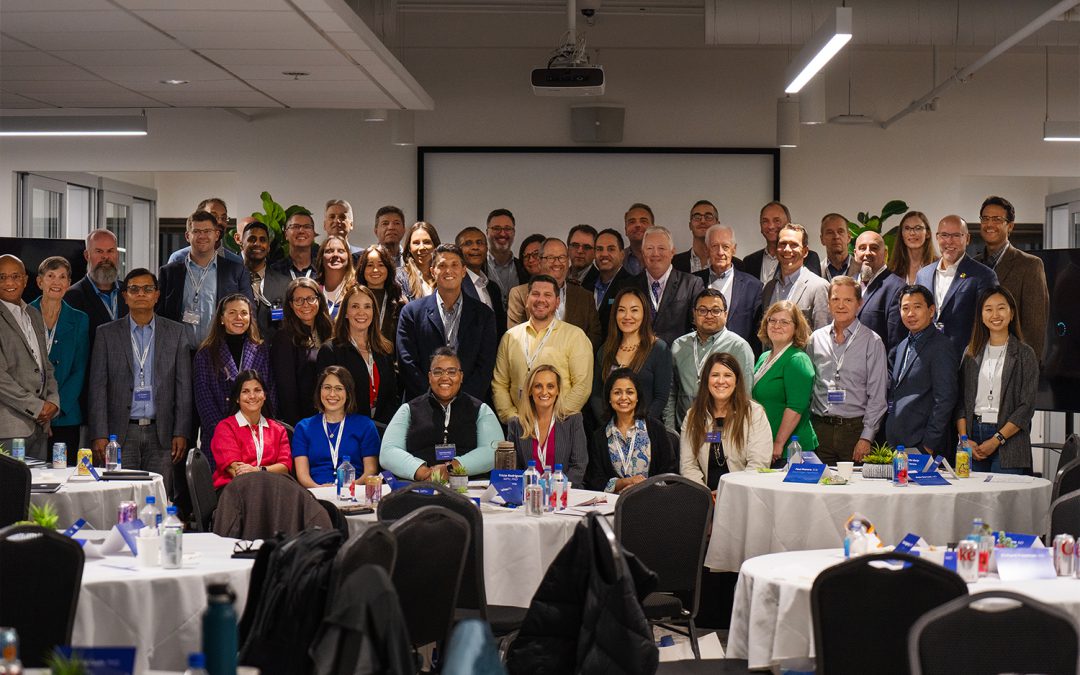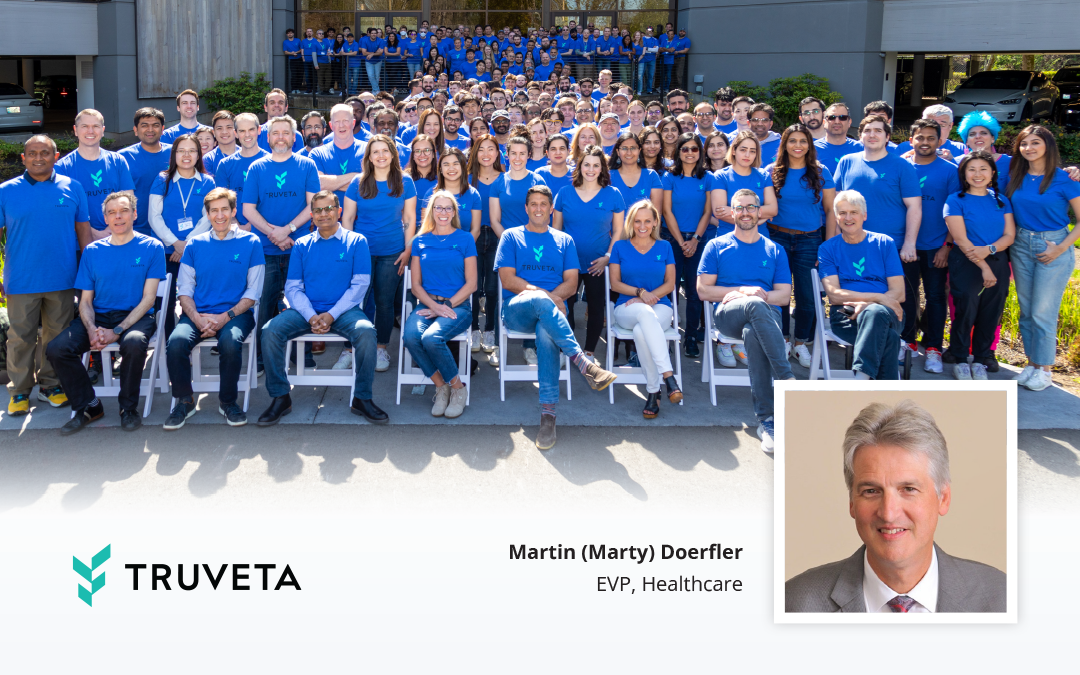For Denesh Pohar, Truveta’s vision of Saving Lives with Data is easy to get excited about — and a big responsibility. We sat down with Denesh to learn more about his experience and his motivation as a director of engineering at Truveta, to make data more accessible and actionable for clinicians.
What is your focus at Truveta?
My team builds the experience clinical researchers and providers will use to access and learn from health care data. Our software engineers work closely with our product, user experience and clinical informatics colleagues to understand and serve clinical scenarios effectively. “Learning and Doing” are cornerstones of the job: learning about the latest technologies that can help us execute more quickly and about the clinical scenarios our customers care about. Ultimately, my team and I are focused on making the product we’re building more capable, easy to use, fast, reliable and beautiful every single day.
What does the Truveta vision of Saving Lives with Data mean to you?
This last year of the pandemic has really proven to us and the world that we have a moral imperative to learn more from health data and drive insights to improve patient care faster. Our vision is an easy one to get excited about, and a big responsibility. Even beyond COVID-19, I think of my loved ones who have battled illnesses like cancer, dementia and heart disease and know our work can have a major impact toward improving treatment for all people.
The pandemic has truly altered work-life balance in profound ways. How have you managed to stay sane leading an engineering team of eight with an accelerated product schedule all while balancing home life?
You’re assuming I’ve stayed sane… j.k. Working in the healthcare space, I feel like I can contribute to make the world a better place and that’s a powerful motivation in my life. Spending time with my wife and kids and our dog, going on hikes, gardening. I’m not very good at it (gardening). I kill most plants. But I can grow rhubarb! Related, I love baking and a few people on my team bake too so our pastimes are relatable.
Share more about your team. How have you found ways to stay connected and focused?
That’s so important to me because my team is geographically distributed across the country. One thing we do every day is have a working block where we all join a call. You’d think it’d be awkward to sit online and code, but it’s a chance for us to virtually work side by side, ask questions or make small talk as if you were sitting together in an office. Our team has also embraced pair programming, writing code in twos rather than alone. Both have accelerated our progress. A nice side effect is the sense of community we’ve created in a fully remote setting. I’m big on psychological safety within a team. I don’t have answers for everything, and I don’t expect everyone on my team to know everything either. My team knows I take the work seriously but not myself. I like to be goofy and have fun, but also expect the work to be of the highest quality.
How did you get into this line of work?
I have worked in data analytics and data visualization for a decade and half, at three different companies. Data is powerful but can’t tell the story on its own. It needs to be cleaned, analyzed and presented in a meaningful way. In the past, someone needed to be pretty tech savvy for data to be accessible, so our goal is to build experiences that address specific needs for users and are simple to use.
Before joining Truveta, I was an architect in Microsoft’s Power BI team then moved into the health care space about four years ago focusing on AI. My role at Truveta brings together both health and data, which is incredibly interesting to me because of the potential impact.
What are some of the biggest opportunities you see with what Truveta is doing?
We know information is out there, but until now it felt impossible to bring it all together. Our work will help providers and clinicians get answers from data that exists today, but is inaccessible.
Every day, natural experiments happen when different people with different medications, lifestyles, etc., experience different outcomes from the same illnesses. Can we learn from this? And hopefully increase equity and improve outcomes for more people? Truveta is a real opportunity to do good in the truest sense.
What are some of the challenges?
A big vision is important for every startup. “Saving Lives with Data” is a bold and inspiring vision, but if it were easy, someone would have done it already. We need to stay focused, because there are so many choices to make on what problems to tackle first, which technology investments to make, etc. Effective, inclusive collaboration is essential to ensure we get the best ideas from across the organization. These challenges are common to every startup I’ve been a part of and they’re true at Truveta, too.
How would you like things to look from a health equity perspective in 5 years? 10?
Access to care and disparities are hard to wrap your head around, but we know “that which gets measured, gets improved.” Making things visible is a first step toward change.
We can give providers better tools to enable them to provide better patient care based on the results shown in the data. This also points back to transparency – knowing details about how and what care has been provided or not – and any factors that may affect patient outcomes matter in understanding the complete story. If we are doing our jobs right, we will also see improvements in the health of people who haven’t been as well served.







